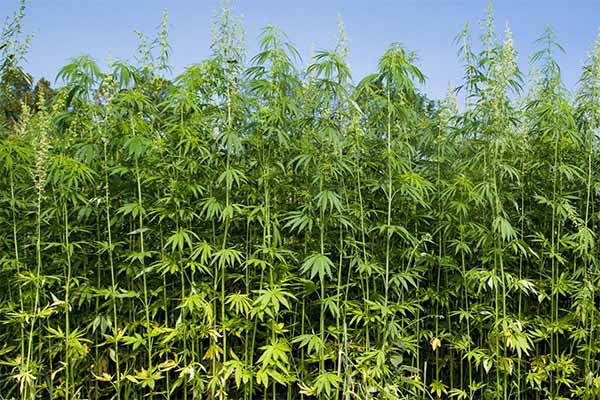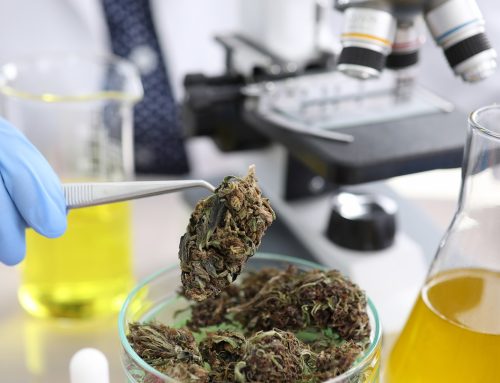Tennessee Hemp Industry Faces Potential Setback from New Regulatory Proposals
LOS ANGELES- Tennessee’s burgeoning hemp industry is confronting potential challenges due to new regulatory proposals by the state’s Department of Agriculture. Business owners and growers within the state are voicing concerns that these new rules, if implemented, could significantly hinder the industry’s growth and viability.
In a recent legislative move, the Tennessee General Assembly passed a bill aimed at regulating and taxing hemp products that are grown, manufactured, and sold in Tennessee. This legislation entrusts the Tennessee Department of Agriculture with the responsibility of formulating rules to oversee the industry, including product testing, compliance, and enforcement. Earlier this month, the Department released a draft of these proposed new regulations, which are expected to be operational next year.
These proposed regulations are raising eyebrows in the hemp community. Under the 2018 Farm Bill, hemp was federally legalized and defined as cannabis plants containing less than 0.3% delta-9 THC. However, the new Tennessee rules would require hemp products to contain less than 0.3% THC in all forms, including THCA and delta-8 THC. This change would render many current hemp products in Tennessee illegal, a development that has alarmed industry representatives.
Kelley Hess, executive director of the Tennessee Growers Coalition, criticized the proposed rules, claiming they exceed the Department’s authority and effectively legislate the industry out of business by redefining hemp. Similarly, Chris Sumrell, a hemp grower and owner of FarmtoMed in Chattanooga, who initially supported legislative efforts to safeguard the industry’s reputation, expressed concerns. The enforcement of these rules as they stand would jeopardize about 90% of his sales. He has already had to pull dry flower products from his stores, significantly impacting his holiday sales.
The proposed regulations also include provisions for random inspections and product testing by retailers, a rule that hemp advocates argue could be problematic. They point out that THCA in products might decarboxylate over time, leading to higher levels of delta-9 THC than allowed under the new rules. This could potentially decimate the industry for THCA and CBD flower in Tennessee.
Kim Doddridge, a spokesperson for the Department of Agriculture, announced that the new rules are set to be implemented in July, pending finalization. A public hearing on the proposal is scheduled for February 6, and the department is currently inviting public comments.
John Kerns, head of New Bloom Labs, anticipates a significant influx of public comments from both industry players and consumers who rely on these products for personal wellness.
The state’s hemp industry, which the Tennessee Growers Association estimates generates about $200 million per year in sales, is at a critical juncture. Business owners argue that the proposed regulations’ stringent compliance definitions could prevent products from being manufactured, tested, and sold.
State Representative Chris Hurt, a member of the Agriculture Committee and former hemp grower, has expressed concerns about the new rules, likening them to a mid-game rule change. He plans to sponsor new legislation in 2024 to clarify the law’s intent. If the proposed rules are enacted as they currently stand, the Tennessee Growers Association is considering litigation to challenge the regulations.
This situation highlights the complex interplay between industry growth, regulatory oversight, and legislative action in the rapidly evolving hemp sector.



































